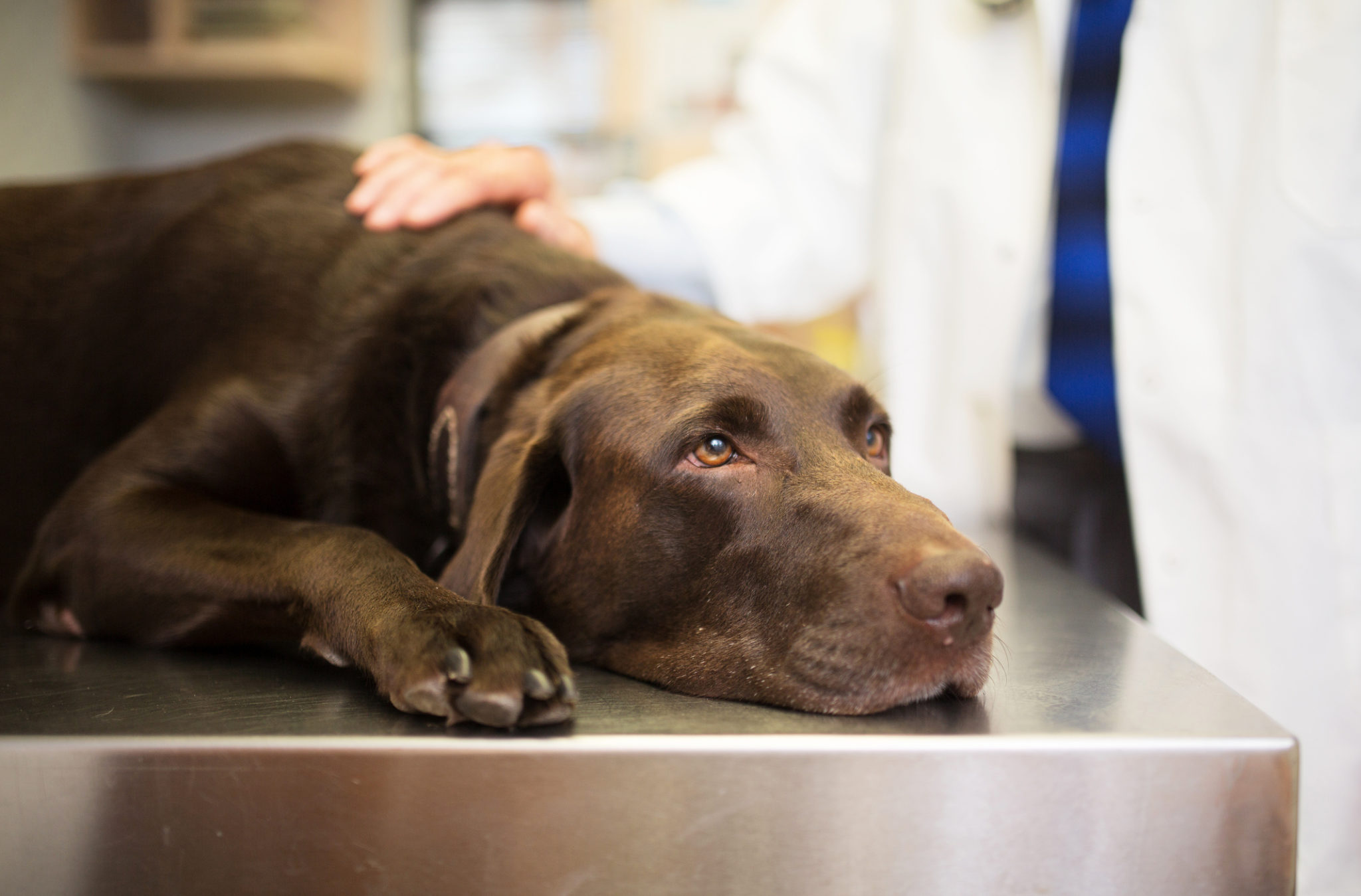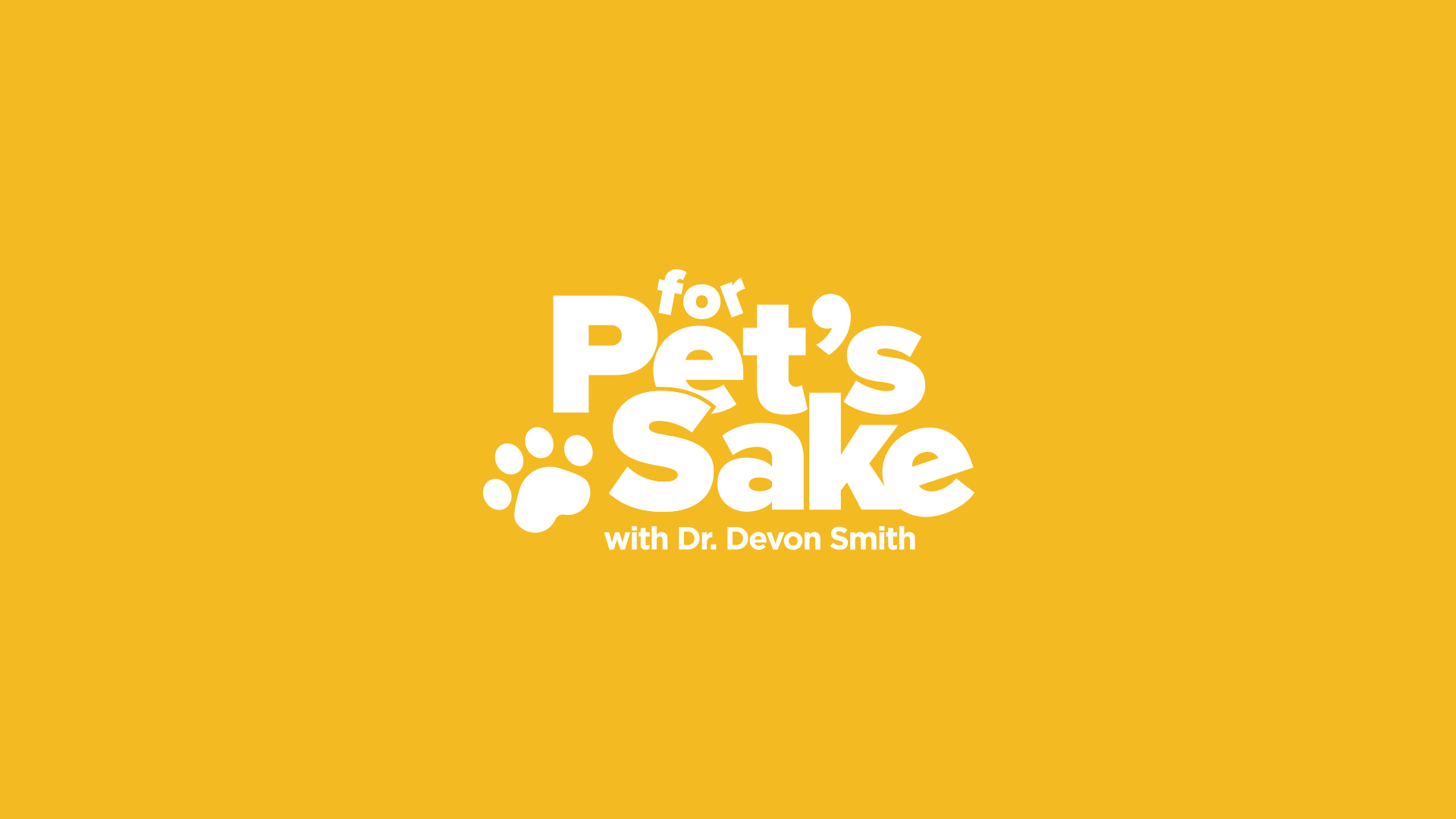
Mar 01, 2021 | By, For Pet's Sake
Poison Prevention Awareness Month: When to sound the alarm for pet poisoning
Animals are naturally curious creatures. They’ll sniff, touch, and lick almost anything to learn more about it. This curiosity can be seriously harmful and potentially deadly because there are plenty of things in the world that are poisonous to your furry friend.
While the signs of pet poisoning will likely be obvious, diagnosing the source of the poisoning may be more challenging, especially if you didn’t see what your pet ingested.
Human food is a very common source of poisoning. The appetizing scents of garlic, chocolate, avocado, grapes, or anything containing xylitol can make your pet very sick.
If you have a dog that loves to run in the yard or an outside cat that roams alone, they may unknowingly eat a plant that is bad for them. Certain plants to watch out for are azaleas, rhododendrons, tulips, daffodils, and lilies.
Human medications, either over-the-counter and prescription, are easy for your pet to swallow. While these pills aren’t the most attractive poison threats, they can cause a lot of damage if your pet does decide to eat them.
Other hazards include household cleaning products, flea and tick medications, rat poison, bug sprays, garden supplies, and heavy metals.
Pets that have ingested something poisonous will likely display one or more of the following symptoms:
- Vomiting
- Diarrhea or oddly colored stool
- Drooling
- Loss of appetite
- Excessive thirst or urination
- Nausea
- Coughing or vomiting blood
- Pale gums
- Accelerated heart rate
- Weakness and lethargy, sometimes to the point of collapsing
Don’t try to treat pet poisoning yourself. Call your veterinarian immediately if you suspect your pet has been poisoned. Be ready to explain what happened so the doctor can take the best course of action. Unfortunately, there isn’t a fix-all medication to stop the symptoms and save your pet, so every detail you can provide is important.
Of course, the best way to stop poisoning is prevention. Watch your pet closely in public places, keep your yard clean, and don’t store household cleaning supplies or medications within your pet’s reach. These precautions should help limit your pet’s curiosity (or at least the negative consequences of it).
Have a question about pet health? Want to become the best possible pet parent? Find helpful tips, reminders, and insight to giving your furry friend the best possible care with For Pet’s Sake! Learn more at drdevonsmith.com.

